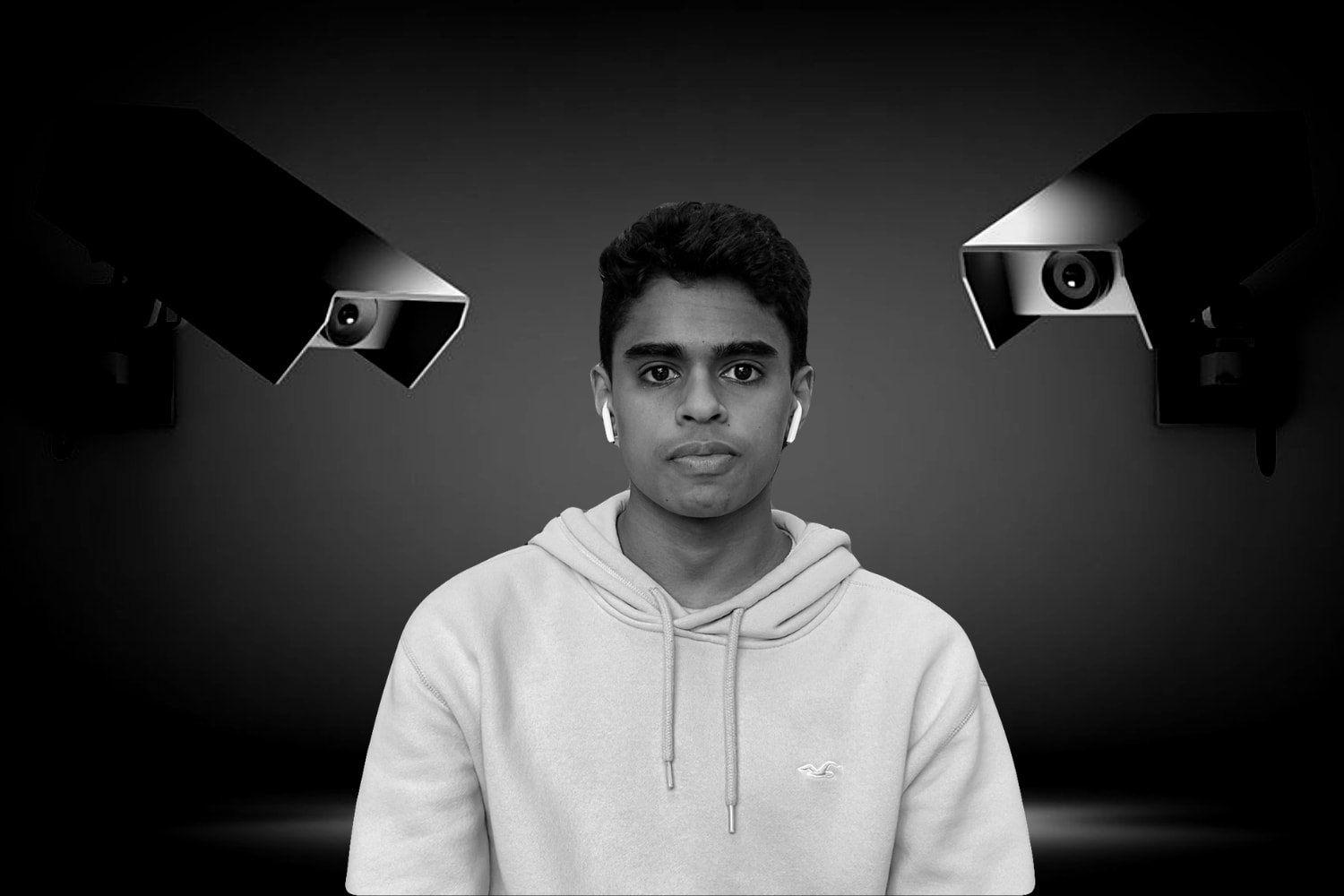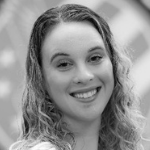
04 May Facebook Is Following Us And We Don’t Care
A college student speaks out on privacy
Northport, N.Y. – May 4, 2021
If you call for an Uber ride, or a DoorDash delivery, then someone at Facebook could be watching.
Zamaan Qureshi says Facebook is following him — even when he’s “off-Facebook” — and he doesn’t like it. Problem is, he feels trapped by the social media giant and won’t delete his account. Worse, some of his friends could care less about their personal privacy.
“If people are scared to leave the platform, and not enough of them push back, then nothing will change,” says Steve Morgan, editor-in-chief at Cybercrime Magazine.
Qureshi, a freshman at American University, is among the 530 million Facebook users who may have their personal data in the wild due to a data breach.
Does signing Facebook’s terms and conditions mean signing away your privacy? After downloading his information, Qureshi believes that is exactly what happens. “What I found was shocking,” he told us.
From applying to college to ordering pizza, Facebook knows it all. Each time he used Venmo, TikTok, and other apps — it was being tracked.
Qureshi was shocked to find out that when he accessed the U.S. Customs and Border Protection website for a school project, FB knew about that too. He remains unclear as to why.
The social network even kept a record of every private message Qureshi ever sent. “People expect their messages to be between themselves and the recipient, but clearly Facebook believes they have a right to look at your messages and collect information based on what you say.”
This activity crosses the line of routine data collection. It’s surveillance, and we should all be worried. Yet, surprisingly, the next generation remains ambivalent about Facebook’s watchful eye, despite its potentially dangerous consequences.
“Kids my age have a collective mindset of, ‘Well, everyone’s doing it. How can I make any difference?’” says Qureshi. “We’ve been pushed into this thought process of accepting data collection on us and thinking there’s nothing we can do about it.”
Luckily, there is. But first, young people must change their attitude.
“University students are our future,” says Morgan. “The idea that this could be turned on them, and when I think about what could be done — the surveillance and profiling that could be applied — it’s very scary.”
Users can protect themselves by digging deep into their settings and disabling “Future Off-Facebook Activity,” though the site is sure to warn that “your experience may be less personalized and the ads you see may be less relevant to you” — almost as if to say you’ll be missing out… but on what exactly? We’re not sure.
Regardless of your settings, there’s no such thing as real privacy on Facebook. Once users turn off the primary tracking function, they’re met with an ominous statement in the page’s fine print: “We’ll still receive your activity from the businesses and organizations you visit.”
In today’s digital world, not even deleting your account will take you off Facebook’s radar — albeit that’s nearly impossible for college students like Qureshi.
“I need Facebook’s systems in order to be a functioning member of my school community,” he said, and while it’s not an official rule, the site’s convenient features have become an integral part of university life for many students amid the COVID-19 pandemic.
If we continue to let sites like Facebook follow our every click, we’re setting ourselves up for failure. “We need a big pushback from communities and users, as well as from a regulation perspective,” according to Qureshi — but even then, data protection isn’t guaranteed; only time will tell.
“There are still people fighting the good fight,” Qureshi assured, and as social media coordinator at The Real Facebook Oversight Board, he’s one of them. “We understand these harms, and we’re fighting for change and protection on these platforms.”
If you’d like to get in touch with Qureshi, then you can send him a Friend Request on Facebook. On second thought, LinkedIn is a safer bet — and you can tell him we sent you.
– Amanda Glassner is a staff writer and reporter at Cybercrime Magazine.
Go here to read all of my blogs and articles covering cybersecurity. Go here to send me story tips, feedback and suggestions.



 –
– 